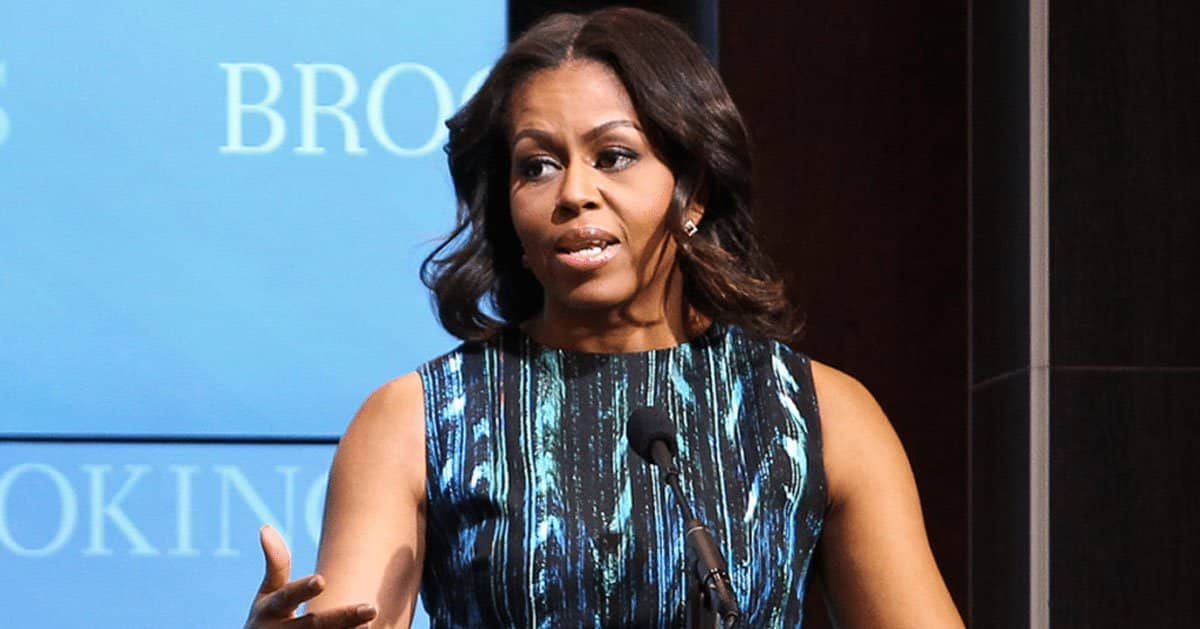







Amid President Biden stepping aside, Vice President Kamala Harris takes the reins with a unique campaign style that captivates many.
Fox News reported that Harris, energized by an emotional campaign approach, is gaining traction in key states following President Biden's race exit as the "vibes" approach works well in appealing to young voters who have been radicalized against former President Donald Trump.
Alongside her chosen running mate, Minnesota Governor Tim Walz, Harris has adopted a campaign strategy that heavily leans on emotional resonance and personal appeal, an approach dubbed as focused on "vibes" by commentators.
This style, centering on evoking feelings rather than detailed policy discourse, seems to be paying off. Recent polls indicate that Harris is presenting a formidable challenge to former President Donald Trump, particularly in pivotal swing states. The campaign’s emotional appeal is credited with drawing voter attention and engagement.
Harris's approach to the campaign has been to connect with voters on a personal level, showcasing traits like warmth, humor, and optimism. These qualities are often highlighted in her public appearances and speeches, aiming to establish a direct emotional connection with the electorate.
The decision to partner with Governor Tim Walz over other potential candidates such as Pennsylvania Governor Josh Shapiro has been particularly noteworthy. Walz is often described as folksy and kindhearted, attributes that enhance the campaign’s emotional appeal. Zakaria notes that this choice underscores the importance of emotional intelligence in politics, suggesting that "EQ is as important as IQ."
Walz's persona complements Harris’s campaign by reinforcing the ‘joyful’ campaign theme. This strategic alignment appears to be a calculated effort to contrast the often contentious nature of political debate with a more uplifting campaign narrative.
Zakaria's commentary emphasizes the effectiveness of Harris’s campaign strategy so far, yet he also points out that a shift toward addressing more substantive policy issues will be necessary. The campaign’s current focus on emotional connection might need to be balanced with more detailed discussions on topics such as immigration and abortion.
While the campaign’s vibe-focused approach has resonated with many, critics and commentators alike point out the potential risks of a lack of substantive policy discussion. Zakaria himself suggests that for the campaign to maintain its momentum, it will need to begin delving into specific policy areas that are critical to voters.
Issues such as abortion and immigration are particularly pressing. Zakaria notes that these are areas where the Democrats have strong potential to connect with voters, yet they also represent significant challenges. The campaign’s ability to address these issues convincingly could be crucial to its overall success.
To date, Harris has not engaged extensively in media interviews or news conferences that would require her to detail her positions on these key issues. Instead, she has prioritized direct voter engagement through rallies and social media, where her personality can shine without the constraints of policy interrogation.
The public response to Harris’s campaign has been largely positive, with many appreciating the refreshing focus on positive emotional engagement rather than divisive rhetoric. This approach has allowed Harris to solidify her position in the race and potentially right the "sinking Democratic ship," as Zakaria puts it.
However, the avoidance of detailed policy discussions has not gone unnoticed. As the campaign progresses, there is increasing pressure for Harris to start providing more in-depth views on how she plans to address the nation’s challenges.
According to Zakaria, "Voters choose from the gut and then rationalize their choice, consciously or not." This intuition-based approach by Harris’s campaign might require a strategic pivot to include more substantive discussions as the electoral battle intensifies.
The future of Harris’s campaign may well depend on how effectively it can integrate emotional appeal with substantive policy discussions. The balance between being relatable and being regarded as a serious policymaker could define her success in the upcoming election.
Zakaria’s insights suggest a cautious optimism about the campaign’s current trajectory and a clear need for strategic adjustments as the political landscape evolves.
As the election approaches, the effectiveness of Harris’s "vibes"-focused campaign will be tested against the backdrop of a politically divided America. Whether this approach will be enough to secure her a presidential victory remains a topic of significant debate and interest.
In conclusion, while Vice President Kamala Harris’s campaign, powered by its heavy reliance on emotional engagement and the charismatic appeal of Harris and Walz, has made significant inroads, the coming months will prove critical.
The campaign’s ability to weave substantive policy discussions into its narrative without losing its unique charm could determine its ultimate success or failure in the upcoming presidential election.



